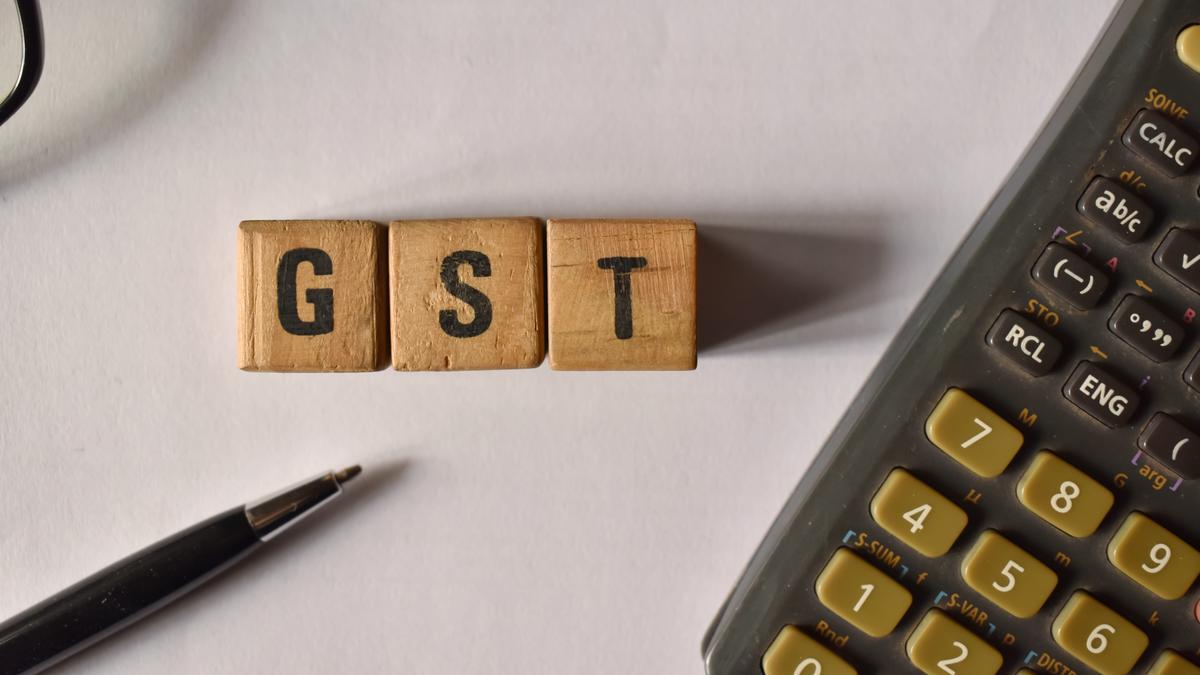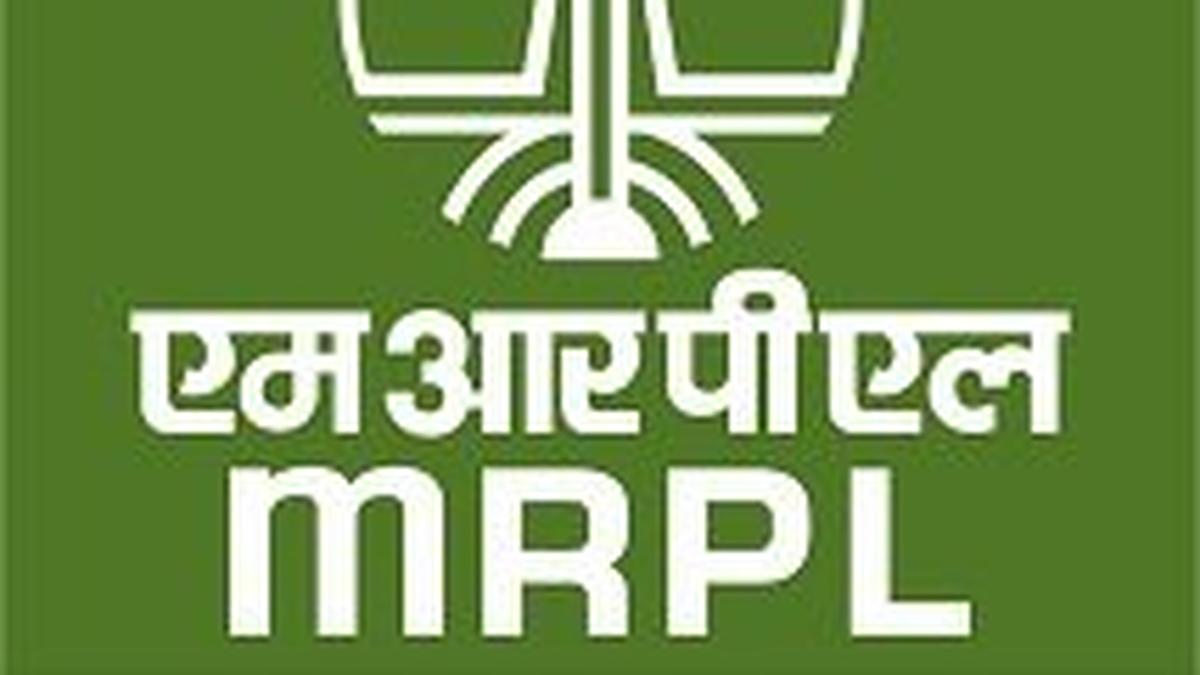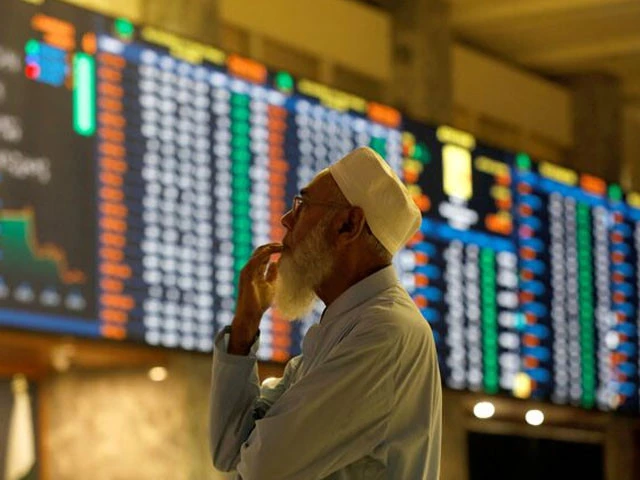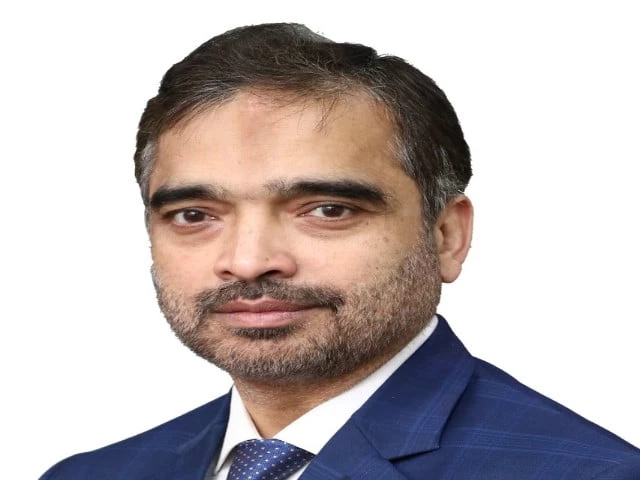In a notification dated September 17, the Ministry of Finance notified that appeals against orders communicated before April 1, 2026, can be filed up to June 30, 2026.
| Photo Credit: Getty Image/iStockPhoto
In a further step towards making the crucial Goods and Services Tax Appellate Tribunal (GSTAT) functional, the government has notified the timelines for appeals and has expanded the scope of cases that can be taken up by the Principal Bench of the GSTAT.
During its 56th meeting on September 3, the GST Council had decided that the GSTAT would be made operational for accepting appeals before the end of September and would begin its hearings before the end of December this year.
In a notification dated September 17, the Ministry of Finance notified that appeals against orders communicated before April 1, 2026, can be filed up to June 30, 2026. It added that appeals against orders communicated on or after April 1, 2026, must be filed within three months.
“The notifications operationalising the GST Appellate Tribunal is nothing short of a game-changer for India’s indirect tax landscape,” Manoj Mishra, Partner and Tax Controversy Management Leader at Grant Thornton Bharat said. “For years, taxpayers were stuck in a vacuum with appeals piling up, cash flows locked, and litigation costs escalating.”
“This structured framework finally delivers predictability and timely access to justice,” Mr. Mishra added.
In a second notification, the Ministry also widened the jurisdiction of the Principal Bench of the GSTAT to include cases on input service distributor credit distribution, cases where identical legal questions are being answered across different state benches, cross-border Integrated GST issues such as Online Information Database Access and Retrieval services and online money gaming.
“By curbing contradictory rulings and unlocking blocked capital, the Tribunal’s operationalisation signals the growing maturity of the GST regime and inspires confidence in rule-based dispute resolution,” Mr. Mishra added.
While welcoming the operationalisation of the GSTAT as a pivotal moment in India’s indirect tax dispute resolution framework, Saurabh Agarwal, Tax Partner at EY India also pointed out that there are substantial difficulties that lie ahead.
“However, the path forward also brings challenges, particularly the substantial backlog of GST cases,” Mr. Agarwal said. “While the Tribunal is a vital step, addressing this backlog will require a clear strategy for streamlining legacy matters.”
He added that a parallel exploration of alternative dispute resolution mechanisms, such as a specialised Arbitration Tribunal, could significantly complement the GST Appellate Tribunal’s role.
“This would enable faster resolution of disputes and reinforce India’s commitment to improving its Ease of Doing Business,” Mr. Agarwal noted.
Published – September 18, 2025 05:16 pm IST






